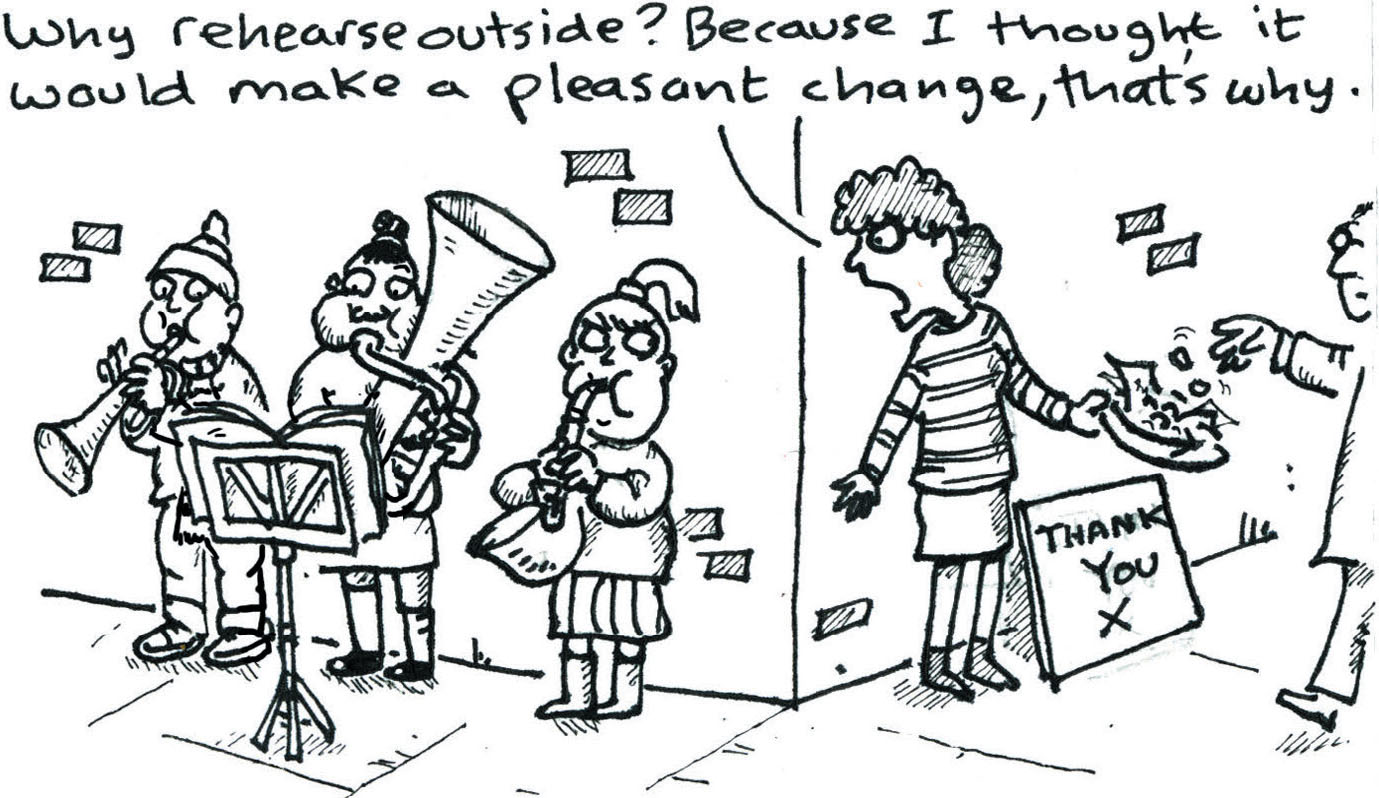
Every child a composer?
Chris Walters’ editorial in last month's MT highlighted John Paynter's legacy to music education in popularising the notion that all children could be composers. Music teachers are very aware of Zoltán Kodály and Carl Orff's significant contributions to school and classroom music, but it was Paynter's book Sound and Silence that led to the adoption of new creative approaches in music classrooms in the 1970s and 1980s.
It is interesting to read Sound and Music's new research into how composing is taught in schools. 97 percent of respondents to the charity's recently published survey into composition teaching in schools agreed that ‘composing should be a core element of every child's music education’. Notably, there was also overwhelming agreement that ‘there are insufficient opportunities for young people to compose their own music’.
The report identifies a significant number of barriers to young people being able to develop skills in composing. Perhaps surprisingly (as we approach 2020) it is highlighted that ‘composing using staff notation is far more likely to be taught than composing using digital technologies, despite many educators reporting that Digital Audio Workstations engage young people more effectively’. This may be due in part to another finding that ‘teachers and educators are not accessing training and CPD focused on composing’. A further barrier to pupils developing skills in composing is the survey's finding that ‘composing and creativity are undervalued’ within the context of music as a curricular subject. Indeed, it was noted also that ‘music as a curriculum subject is being deprioritised’.
As a music teacher, former local authority music service manager and occasional composer, I've seen from many vantage points the benefits in providing young people with opportunities to develop their creative skills in music-making. Some MT readers may recall that around 20 years ago, Sir George Martin's ‘Voices of Promise’ songwriting project engaged around 5,000 schools across the UK in writing a ‘Song for the Millennium’. Sponsored by Marks & Spencer, schools across the land produced wonderful songs written and performed by young people. My own school at the time, Castlemilk High School in Glasgow, was fortunate enough to qualify to record a track with Sir George as executive producer at his Air Studios in London. Young people involved in that songwriting project developed skills in creativity, collaboration, communication and critical thinking. Performing the song was important also, but no more satisfying or important than writing it.
Given that respondents to the Sound and Music survey represent a cross section of the music education community, I would suggest it is incumbent on those in a position to fashion change to do so for the benefits of pupils. As our greatest resources are our teachers, perhaps an investment in appropriate professional development would be a positive first step. Composers should be welcomed into schools to meet and work with students. Hubs should provide more opportunities for teachers to enhance their skills in leading composing in the curriculum. Rachel Shapey's icancompose.com website was a Music Teacher ‘Awards for Excellence’ winner in 2019 – that would be a good place to start for some hubs and schools, particularly for GCSE and A level composing.
This year I've been leading composing workshops using the online recording studio Soundtrap in partnership with Musical Futures International (www.musicalfuturesinternational.org) in Melbourne, Australia. As I write this, I plan to deliver these creative workshops at a Musical Futures International event in Geneva this November with teachers from across Europe.
Sound and Music's full list of 21 recommendations are worthy of consideration. The first recommendation states: There should be a consistent range of opportunities, distributed around the country, for young people to compose their own music both in and out of school. It's definitely worth checking out the other 20!
- Alan Cameron









